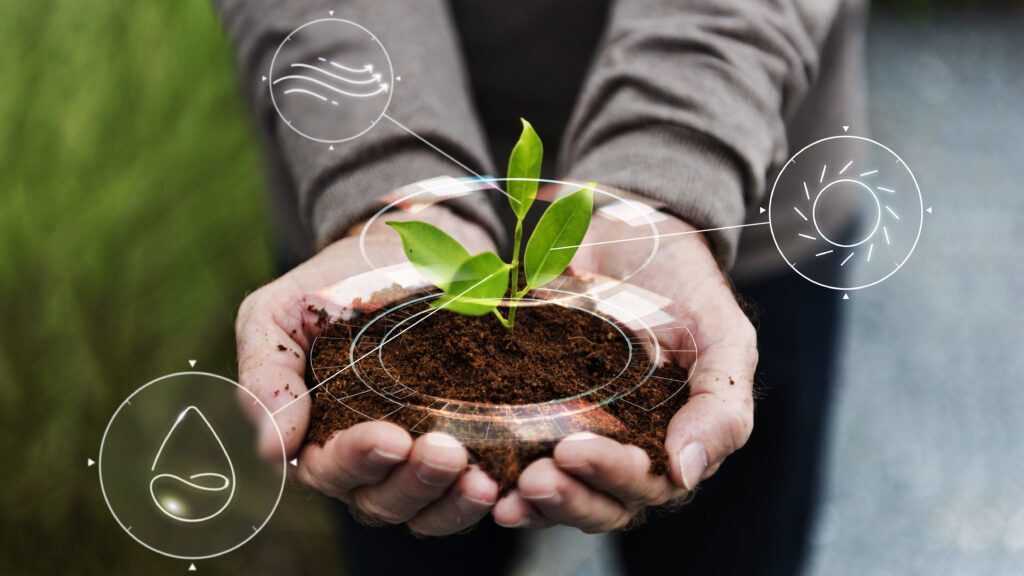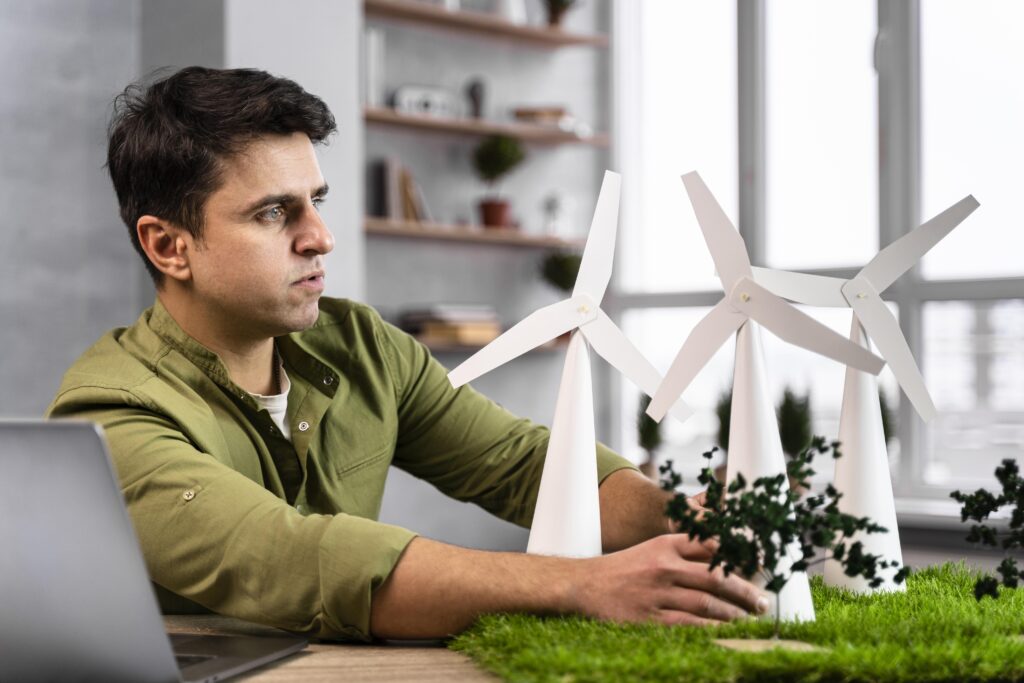Sustainability is the practice of living in a way that protects the planet, conserves natural resources, and supports long-term ecological balance. Sustainability is about making choices—big or small—that meet our needs today without harming the ability of future generations to meet theirs.
In a world of fast fashion, overconsumption, and rising climate concerns, sustainability isn’t just a buzzword—it’s a necessity. But what does it really mean, and how can each of us make a difference? This blog dives into what sustainability is, why it matters, and how you can start living more sustainably today.

🌍 What Is Sustainability?
Sustainability means meeting our own needs without compromising the ability of future generations to meet theirs. It involves balancing three main pillars:
Environmental – Protecting natural resources, reducing waste, and lowering emissions.
Social – Promoting fair treatment, community health, and equality.
Economic – Supporting long-term financial practices that don’t exploit people or the planet.
🔥 Why Does it Matter?
Climate change is accelerating due to human actions.
Resource depletion is threatening biodiversity and ecosystems.
Waste and pollution are overwhelming land, air, and oceans.
By adopting sustainable habits, we reduce our environmental footprint and create a more stable, equitable world.
CONTACT US to know more about it or if you have any suggestions.
Youtube Link
🌿 Simple Ways to Practice it Daily life.
You don’t need to live off-grid or own a bamboo toothbrush to make a difference. Here are practical ways to get started:
1. 🛒 Shop Mindfully
-
Choose quality over quantity.
-
Support local, ethical, and eco-friendly brands.
-
Avoid single-use plastics—opt for reusable bags, bottles, and containers.
2. 🍽 Eat
-
Eat more plant-based meals.
-
Reduce food waste by planning meals and using leftovers.
-
Support farmers’ markets and seasonal produce.
3. 🚲 Travel Smart
-
Walk, bike, or take public transport when possible.
-
Carpool or drive fuel-efficient vehicles.
-
Fly less and offset your carbon emissions if you do.
4. 💡 Reduce Energy Use
-
Switch to LED lights and energy-efficient appliances.
-
Unplug electronics when not in use.
-
Use solar power if available.
5. ♻ Reuse & Recycle
-
Repair before replacing.
-
Recycle correctly—educate yourself on local rules.
-
Donate instead of discarding.

